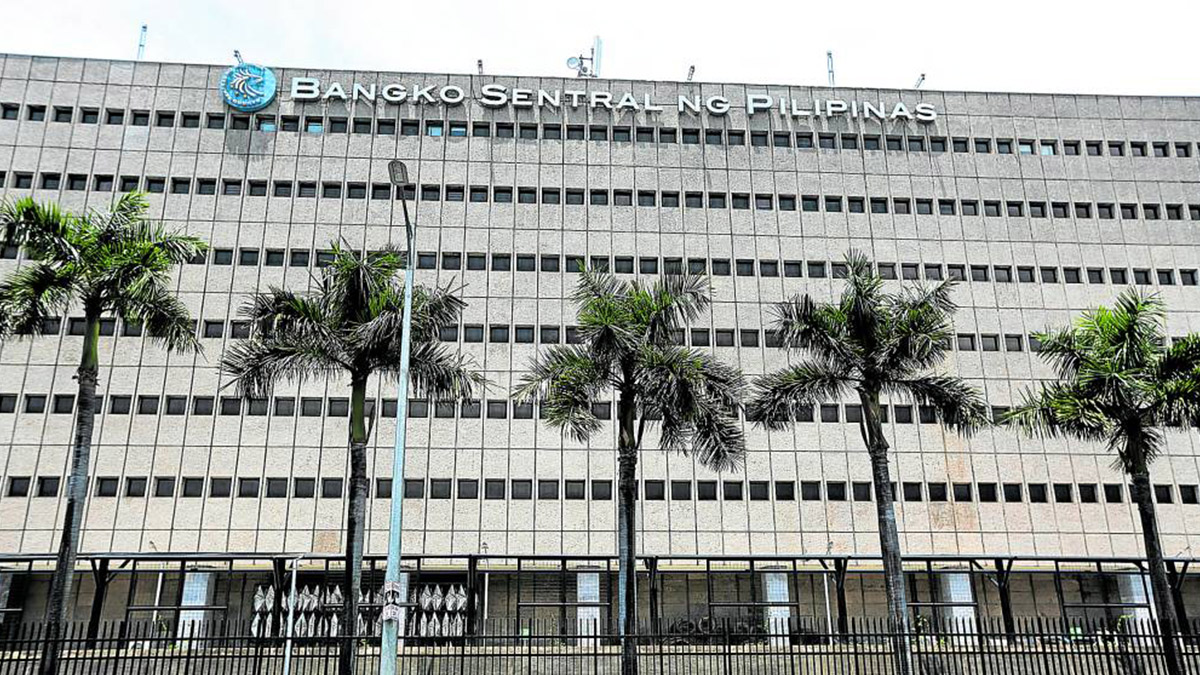BSP: School reopenings lifted remittances in August
Money sent home by Filipinos abroad grew by 3.2 percent year-on-year in August amid the seasonal surge in transfers during the reopening of classes in the country, the Bangko Sentral ng Pilipinas (BSP) reported on Tuesday.
Cash remittances coursed through banks amounted to $2.89 billion in August, higher than the $2.8-billion flows recorded in the same period last year.
This brought the eight-month tally to $22.22 billion, up by 2.9 percent and consistent with the BSP’s forecast for remittances to post an annualized growth rate of 3 percent this year.
As it is, money sent home by Filipinos overseas is a major source of purchasing power in the Philippines.
The central bank projects the amount of such transfers to reach $34.5 billion by the end of 2024.
Data showed remittances have been growing at around 3 percent since late 2022, with some analysts believing that the growth of this crucial lifeline might have reached a plateau.
Typical spike
But the BSP had said a 3-percent remittance growth was still “respectable,” adding that these inflows are now expected to clock in lower growth rates compared to previous decades as they continue to grow “quite substantially in nominal size.”
In a commentary, Michael Ricafort, chief economist at Rizal Commercial Banking Corp. (RCBC), attributed the August inflows to the typical spike in remittances during the resumption of school classes.
“OFW (overseas Filipino workers) cash remittances grew after some seasonal increase to partly finance some tuition payments and other school-related expenses that could have lasted until early August,” Ricafort said.
The BSP said remittances from Filipinos in the United States, Saudi Arabia, United Arab Emirates and Singapore contributed mainly to the increase in inflows during the January-August period. Notably, the United States posted the largest share of overall remittances, followed by Singapore and Saudi Arabia.
Moving forward, RCBC’s Ricafort said the Christmas shopping season would help lift remittances in the latter part of 2024, although he believed that recession risks in the United States are still a potential threat to these precious receipts.
“Risk of economic slowdown or even recession in the United States as well as in other countries that host large number of OFWs would still be a drag for remittances especially if there would be job losses,” he said.

